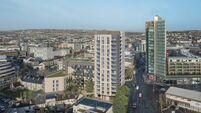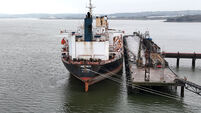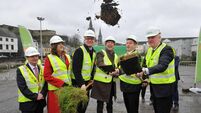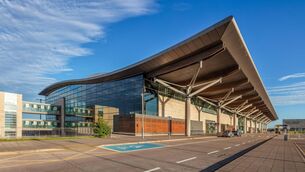Next step in new city library and Grand Parade regeneration plan
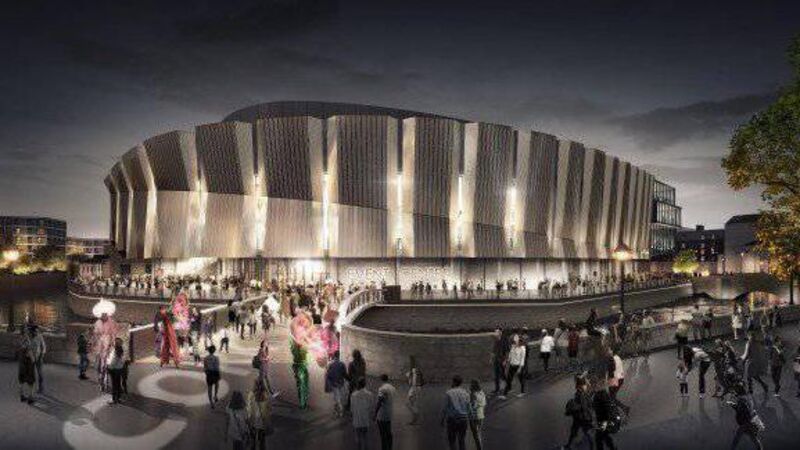
The library development will sit next to the 6,000-person capacity events centre, aimed at helping Cork city attract large-scale events when it opens
Cork City Council is to conduct a preliminary business case into the landmark regeneration of the Grand Parade Quarter and the new city library, as part of the next steps toward the €50m plans.
The library works are part of the overall regeneration of the area that includes public realm works on Tuckey Street and South Main Street, along with the redevelopment of Bishop Lucey Park.




